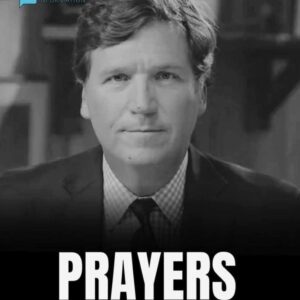In a stunning move, the United States Agency for International Development (USAID) has been officially shut down. The decision follows actions taken by the Department of Government Efficiency (DOGE), headed by billionaire entrepreneur Elon Musk. This unexpected development has sparked heated debates, raising questions about the agency’s role, effectiveness, and the future of U.S. foreign aid.
A Sudden Announcement with Far-Reaching Implications
On Monday morning, an internal email was sent to all USAID personnel. It stated that the agency’s headquarters would be closed to staff immediately. The message, terse and direct, cited a directive from “Agency leadership” and instructed employees to send inquiries to an email linked to Gavin Kliger. He is a special adviser to the director of the Office of Personnel Management and a key figure within DOGE.
For many within USAID, the announcement was not just unexpected—it was unprecedented. By noon, over 600 employees were locked out of the agency’s systems. They scrambled to understand the rationale behind the drastic measure.
Elon Musk’s Role in the Shutdown
Elon Musk, known for advocating government reform, addressed the closure during a live discussion on X Spaces. “None of this could have been done without the President’s support,” Musk stated. “When it came to USAID, I reviewed the situation in detail with President Trump. He agreed that shutting it down was the right move.”
Musk elaborated, describing USAID as beyond reform. “This isn’t about cleaning house. As we investigated USAID, it became clear that the agency wasn’t just flawed—it was fundamentally broken. Imagine expecting to find an apple with a worm in it. Instead, you find a ball of worms with no apple at all. That’s USAID. There’s nothing left to fix.”
The Justification: A “Ball of Worms” or Strategic Efficiency?
Musk’s comments painted a stark picture. He suggested that USAID was plagued by inefficiency, mismanagement, and even corruption. “We spent the weekend dissecting USAID, reviewing its operations. What we found was alarming. It’s not just about wasted funds; it’s about systemic issues beyond repair.”





